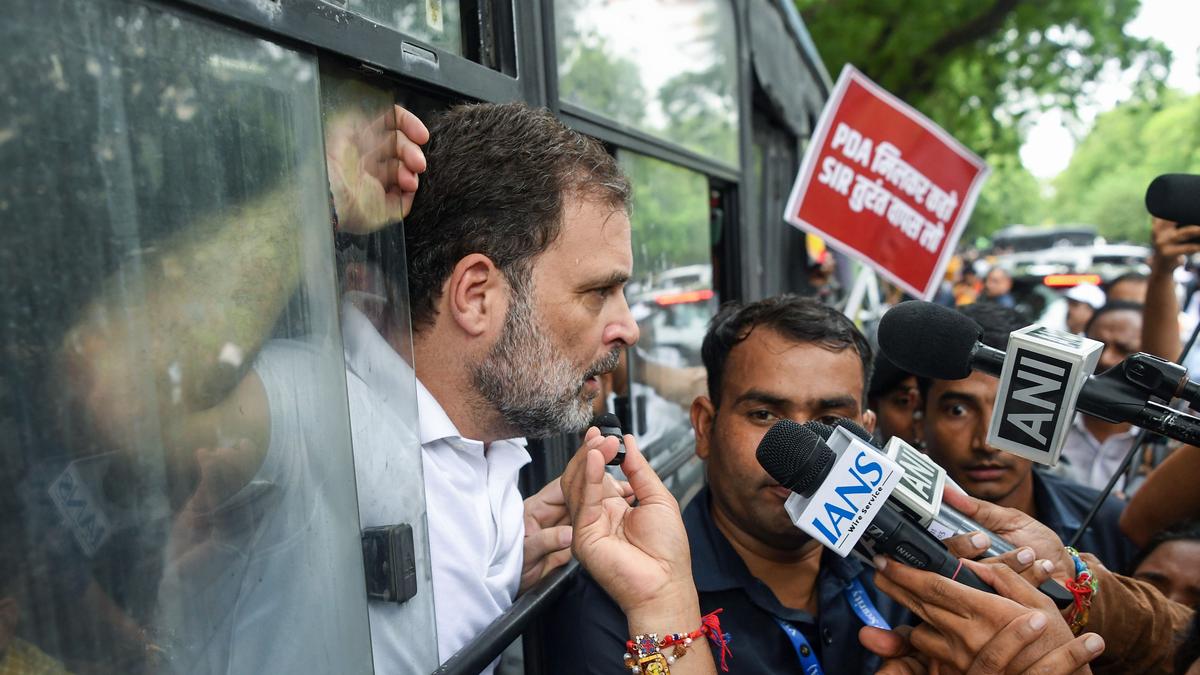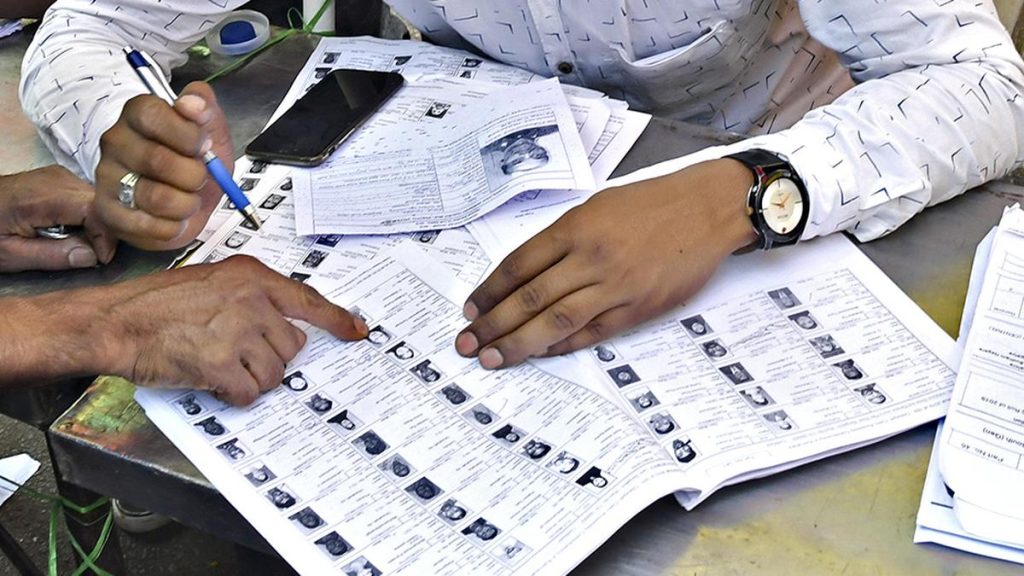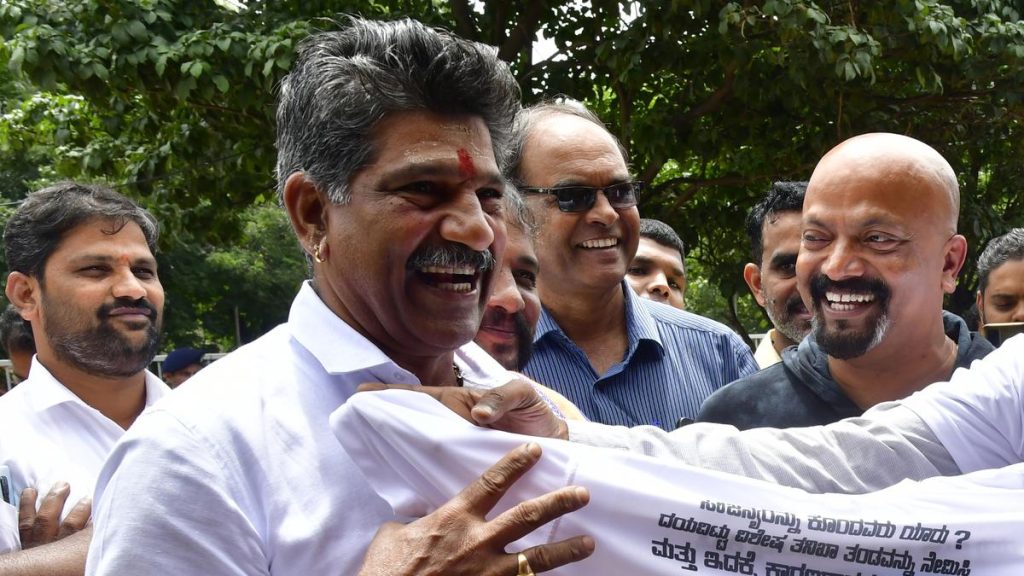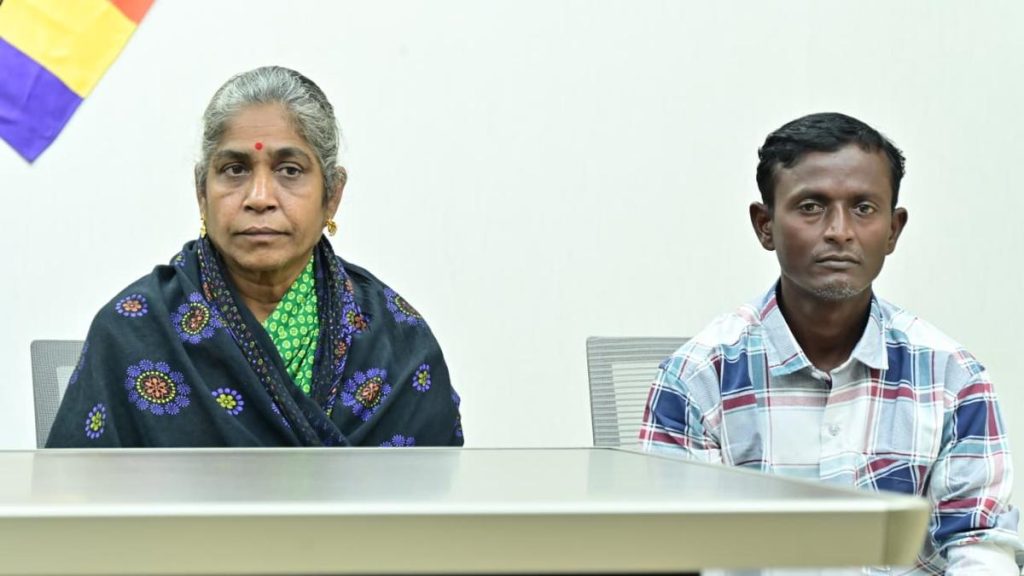Now Reading: Machine-Readable Electoral Rolls: What They Mean and Why They Matter
-
01
Machine-Readable Electoral Rolls: What They Mean and Why They Matter
Machine-Readable Electoral Rolls: What They Mean and Why They Matter

Rapid Summary
- Congress Leader of Opposition Rahul Gandhi accuses the election Commission (EC) of ‘vote theft’ and demands “machine-readable” voter rolls for clarity.
- Voter rolls, prepared by district officials under EC authority using ERONET software, currently exist as ‘image PDFs,’ which are resource-intensive to scrutinize due to India’s mammoth voter base (over 99 crore entries).
- Machine-readable voter rolls, if provided in ‘text PDF’ format, would allow computerized search for duplicates and irregularities more efficiently.
- Previous analysis by activists has shown evidence of irregularities when machine-readable data was accessible before 2019.
- the EC discontinued uploading machine-readable formats one year before the 2019 elections over concerns about foreign countries accessing sensitive information like names and addresses.
- A Supreme Court ruling in Kamal Nath vs Election Commission stated that political parties could convert image PDFs into searchable data themselves but declined to compel the EC to provide machine-readable formats directly.
- Challenges in converting existing files into analysable formats include high resource costs ($40,000 per revision list as estimated by Google AI Document pricing) and fragmented file organization on the EC’s website.
Indian Opinion Analysis
The debate over machine-readable voter rolls highlights key tensions between transparency needs and privacy concerns. From an operational outlook, providing text-searchable electoral data could empower political parties-and civil society-to conduct robust checks against duplicate entries or fraud. This enhancement may promote fair elections while reducing manual scrutiny challenges. However,arguments from the EC underscore security risks associated with publicly available detailed personal data.
If such reforms materialize or secure broader consensus among stakeholders-EC officials, opposition leaders-india might position itself as a leader in leveraging technology for electoral integrity while balancing national security obligations effectively. Striking this delicate balance is crucial for maintaining public trust amidst allegations of malfeasance.
Read More: Source






















